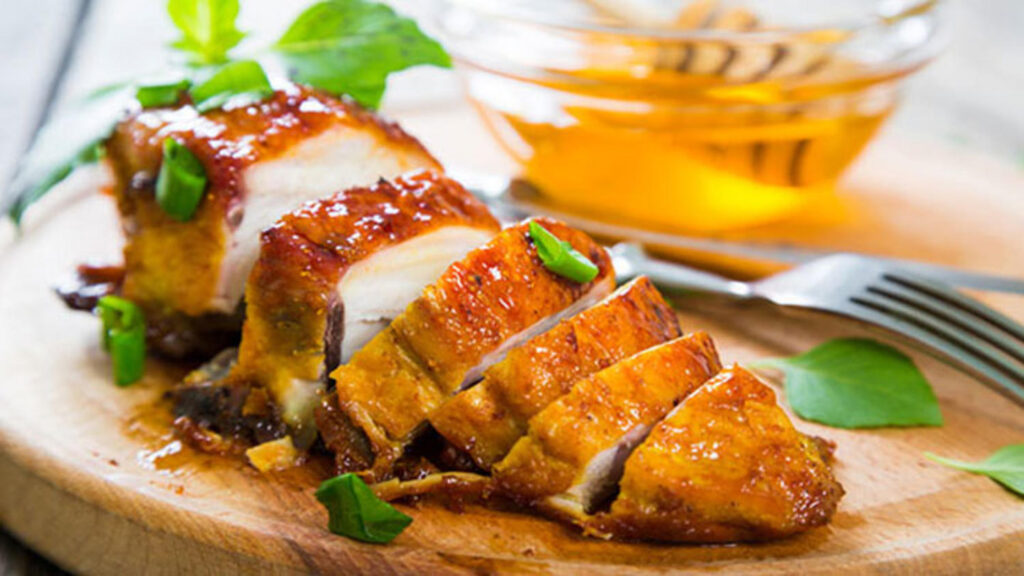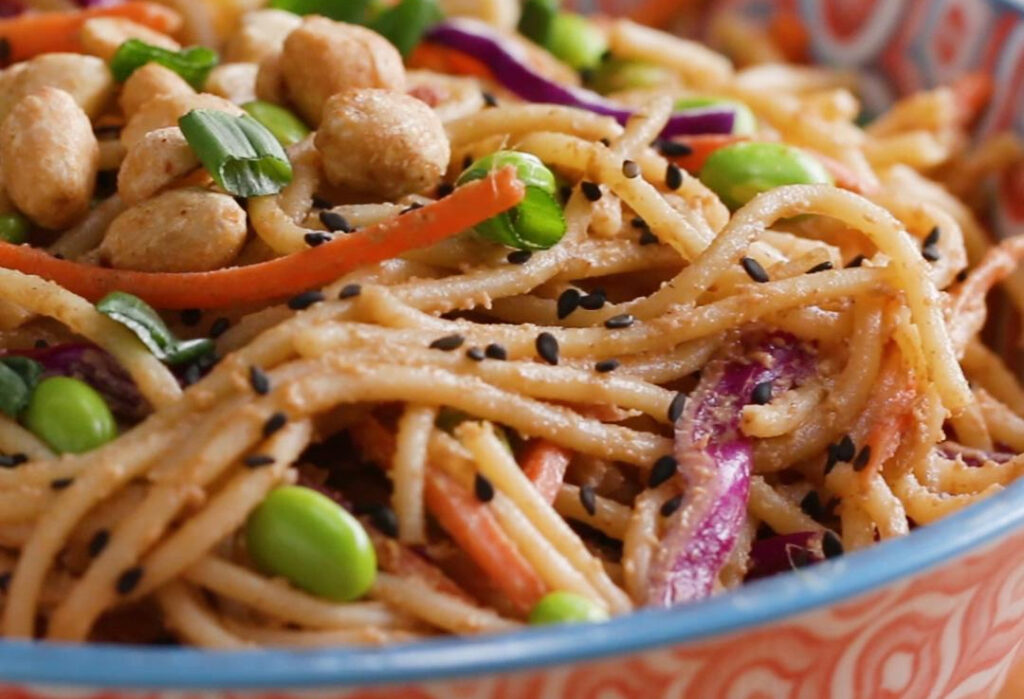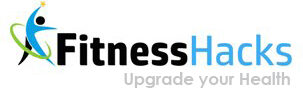
Most people are aware of the importance of protein in building muscle. Bodybuilders and fitness enthusiasts make it a point to include protein in their diet.
Rather than being satisfied that you are indeed eating plenty of protein, you need to make sure that you are getting all the 9 essential amino acids (EAAs) from your diet.
Given below are the best protein sources for non-vegetarians, vegetarians, and vegans.
Even if a food is considered rich in protein, it may still lack certain essential amino acids. Combining different foods – such as grains, pulses, and nuts – creates complementary protein combos that ensure you get all the 9 essential amino acids from your diet.
Read on to learn which protein combinations complement each other to get you the complete range of essential amino acids from a single vegan meal.
Animal Sources of Protein

The recommended protein allowance for the average sedentary man is about 56 grams per day. But for bodybuilders, this ranges from 100 to 150 grams or even more based on their body weight and training.
Animal-sourced foods such as fish, meat, eggs, and dairy products are among the most concentrated forms of protein in the human diet. They are complete proteins that contain all nine essential amino acids.
A 6 oz chicken breast contains 54.5 grams of protein while a 6 oz of lean pork chops contains 52.7 grams. A 6 oz fillet of tuna has 50.8 grams, though a 6 oz beef(skirt) steak has only 48.7 grams of protein. One large egg has just 6.3 grams of protein.
Read more: The 9 Essential Amino Acids and Their Role in BodyBuilding
Vegan and Vegetarian Sources of Protein

A cup of tofu has about 43.5 grams of protein, a cup of lentils has 17.9 grams, a cup of low-fat yogurt has 14 grams and a handful of pumpkin seeds have about 8.5 grams of protein.
Spirulina, soybeans, non-fat mozzarella cheese, parmesan cheese, and squash seeds are some of the other protein-dense foods.
Most fruits, vegetables, nuts, and seeds contain protein, but they commonly lack one or the other essential amino acids. So non-vegetarians find it easier to meet their protein requirements than vegetarians or vegans.
The key to successful bodybuilding nutrition is to have a variety of protein-rich foods to ensure you are getting all the EAAs in adequate quantities.
Complementary Protein Sources

Experienced vegetarian and vegan bodybuilders know how to choose complementary protein sources to form complete protein meals. Combining legumes with grains, nuts, and/or seeds helps ensure you get in all the 9 essential amino acids.
Here are some points for you to consider:
- Grains are lacking in threonine and lysine while legumes lack methionine. So grains and legumes are complementary protein sources.
- Nuts and seeds lack lysine, so a legume combination helps. Combining grains with legumes and nuts/seeds ensures you get an adequate supply of all the missing essential amino acids.
Some Recommended Complementary Protein Combinations:
- Oats+beans+walnuts
- Rice +lentils+cashews
- Pasta+peanuts+sesame seeds
- Rye+chickpeas+sunflower seeds
- Wheat+peas+almonds
- Corn+soybeans+pumpkin seeds
You can make a chart of all your favorite foods and mark what essential acids are lacking in each. Vegetables lack methionine while corn lacks lysine and tryptophan.
Complementary Protein Combo Meals

Just pair up one protein source with another that’s not lacking the same essential amino acid.
You have so many choices – quinoa, buckwheat, hemp seeds, chia seed, broccoli and asparagus, and so on. Try out tasty meals and snacks like
- Rice with beans or tofu
- Peanut Butter sandwich using rye bread
- Hummus with pita bread
- Cheesy pasta sprinkled with roasted peanuts
- Whole Grain cereal with milk, sprinkled with nuts and seeds
- A multigrain/whole wheat pizza with cheese and protein-rich toppings that are limited only by your imagination.
You don’t have to get all essential amino acids from one single meal. Have grain with legumes for breakfast/lunch and snack on some nuts just before your workout.
Before you go…
You don’t have to get worried about having complementary proteins for every meal. Just spread out a wide variety of vegetable proteins throughout your day and you’ll be able to get all the nutrients you need for building your muscles.
Protein powders and supplements are not needed at all, but sometimes they may come in handy if you are short on time or ingredients. If you are using them, consider them as a backup. Real foods are much more healthy options.
